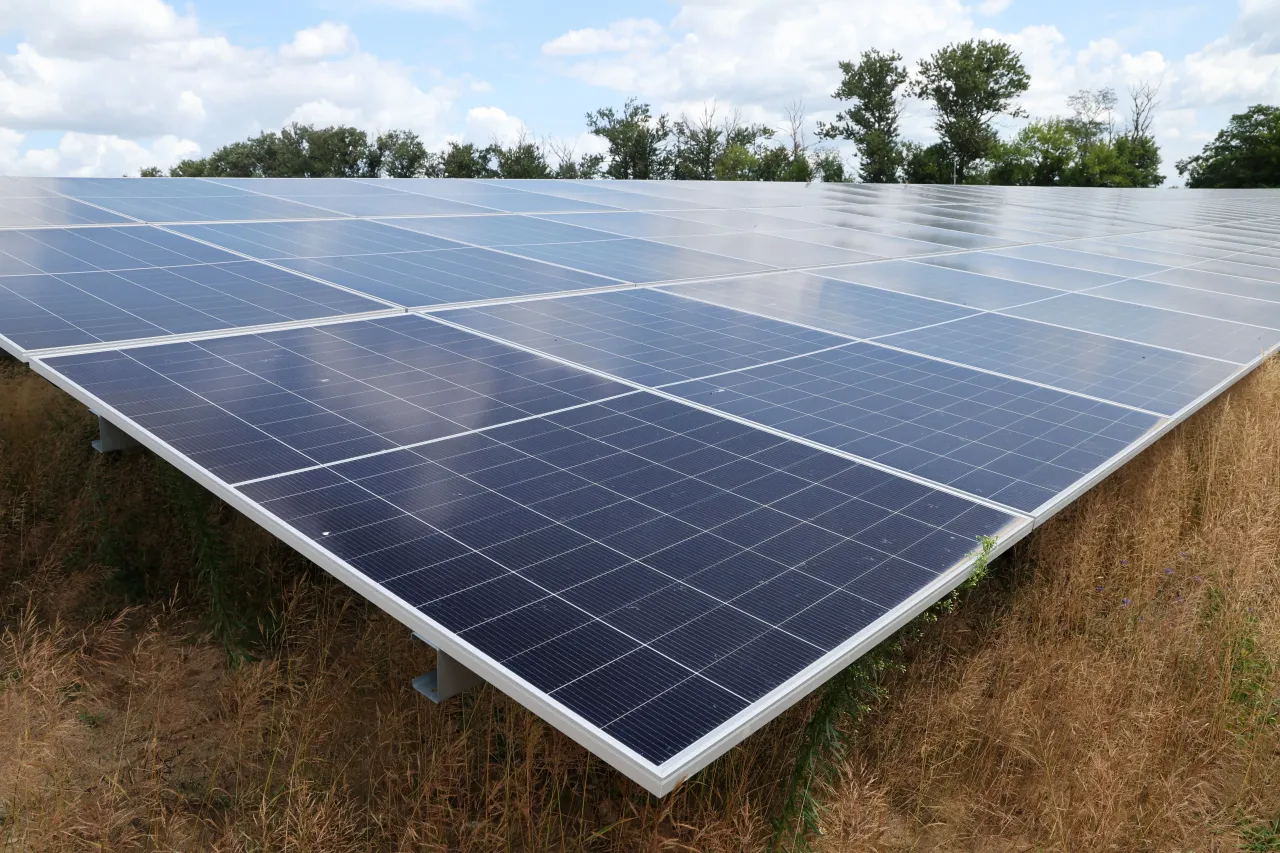Advertisement|Remove ads.
India Pushes States To Buy More Clean Power Amid Renewable Surplus

India’s renewable energy sector is facing challenges as several state-run power utilities continue to delay purchases, leading to a surplus. This has prompted the centre to actively engage with state governments to tackle the issue by buying more clean energy.
“We are trying to convince state governments, which are waiting for power prices to decline further. A second round of talks will be held soon,” said federal minister Pralhad Joshi at the Confederation of Indian Industry's energy conference.
According to government data, more than 44 gigawatts of clean energy remain unsold across the country. This surplus highlights a mismatch between supply growth and demand from state distribution companies, many of which are struggling with financial constraints and are hesitant to commit to long-term power purchase agreements.
GST Impact
Joshi added that the GST reforms align with India’s commitment to energy transition and self-reliance, making renewable power more competitive compared to conventional sources.
The GST Council recommended reducing the GST rate on all types of solar inverters from 18% to 5%. It also recommended a uniform 12% GST rate on parts and accessories for the manufacturing of solar power-based electronic items.
With India targeting 500 GW of renewable capacity by 2030, the reforms are expected to accelerate investments in solar, wind, and green hydrogen projects.
For updates and corrections, email newsroom[at]stocktwits[dot]com.














/filters:format(webp)https://news.stocktwits-cdn.com/Getty_Images_2166957713_jpg_a9ada70a7b.webp)
/filters:format(webp)https://news.stocktwits-cdn.com/shivani_photo_jpg_dd6e01afa4.webp)
/filters:format(webp)https://news.stocktwits-cdn.com/Getty_Images_2227231024_jpg_227a7ced1a.webp)
/filters:format(webp)https://news.stocktwits-cdn.com/jaiveer_jpg_280ad67f36.webp)
/filters:format(webp)https://news.stocktwits-cdn.com/large_Michael_Bury_resized_jpg_14e6fc7c2b.webp)
/filters:format(webp)https://st-everywhere-cms-prod.s3.us-east-1.amazonaws.com/Rounak_Author_Image_7607005b05.png)
/filters:format(webp)https://news.stocktwits-cdn.com/large_Trade_Desk_jpg_e7ed8e2266.webp)
/filters:format(webp)https://news.stocktwits-cdn.com/large_ionq_resized_jpg_35563ea1fb.webp)
/filters:format(webp)https://news.stocktwits-cdn.com/large_Trending_stock_resized_may_jpg_bc23339ae7.webp)